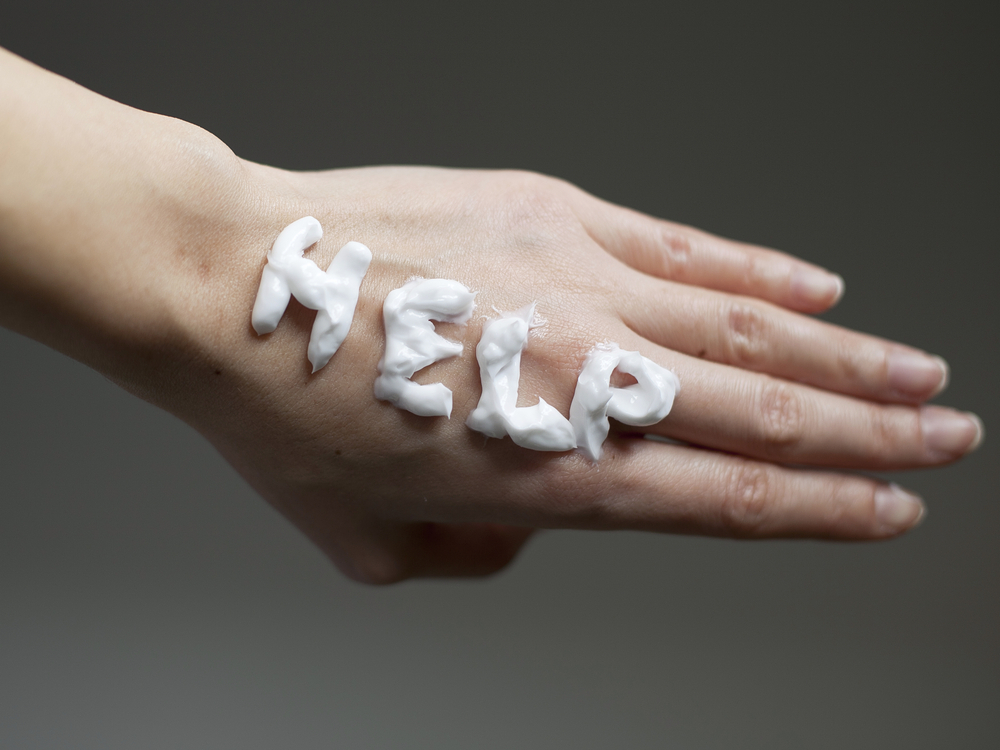How to Keep Your Skin Hydrated During Winter: A Comprehensive Guide
Winter is here! As winter wraps the world in its chilly embrace, our skin often bears the brunt of the changing climate. The crisp, cold air outside and the dry air indoors can strip the skin of its natural moisture, leading to uncomfortable and unsightly skin issues like cracked, dehydrated skin and lips. But why does this happen, and more importantly, how can we keep our skin hydrated and healthy during this period?
This comprehensive guide explores the various strategies to maintain optimal skin hydration during winter. Whether you have sensitive skin prone to redness and chapping or want a healthy glow during the colder months, this guide has you covered.
How Winter (Harmattan) Works
Hydration is the cornerstone of healthy skin. In the simplest terms, hydrated skin is plump, elastic, and radiant, whereas dehydrated skin can appear dull, flaky, and irritable. During winter, the humidity levels drop, and the water content of the epidermis (the outermost layer of the skin) tends to decrease, leading to dryness and tightness. Moreover, the frequent transition from the cold outside air to the warm indoor air creates a cycle of rapid temperature changes, further exacerbating the problem.
The most common grievances during winter include dryness, chapping, redness, and itching – all signs of dehydrated skin. A hot shower can further strip the skin of its natural oils, exacerbating these problems.
Tips to Care for Your Skin During Winter
Bathe Routine
The dryness and cold experienced during winter can make you lazy from having your bath regularly. Many prefer hot or warm water to bathe. The downside of using hot water frequently is that it reduces the skin’s natural sebum, which causes tight and dry skin. To prevent skin dryness, bathe with warm water and reduce the bathing time to a few minutes.
Mild Cleanser
Due to the harsh weather, switch to gentler, more hydrating cleansers (soap) that don't strip the skin of its natural oils. Use mild toilet soap or cleanser containing ingredients like oats and hyaluronic acid.
Hydration
To reduce the dry winter air, staying hydrated is crucial. Drink plenty of water throughout the day. To keep your skin hydrated, use hydrants like stabilized aloe Vera gel or rose water before applying other products to your body. It helps control dryness and wrinkles, experienced mostly by dry skin types. Also, consider using a humidifier to maintain skin-friendly humidity in your home or office.
Exfoliation
A good skincare routine is the secret behind healthy and glowing skin. Exfoliation is good, but doing it right is better. Some people get darker during winter, which makes them worry when winter approaches. Exfoliating helps sludge off dead skin cells to reveal newer and fresher skin. But overdoing it can strip your skin of its natural oil and increase dryness, which is the exact opposite of what you intended. To exfoliate during winter, do that once or twice a week, and use a mild but effective product or ingredient. Natural ingredients like oatmeal are good to use; hibiscus petals, licorice root, and chamomile can be prepared as an herbal bath to glow and hydrate your skin during winter.
Moisturize
Moisturizers are medicine for dry skin. However, you have to use the right one for your skin type, and it should be moisturizing enough to help lock in moisture. After cleansing and using a hydrant, follow up with a rich moisturizer, ideally containing ingredients like hyaluronic acid, glycerin, or ceramides, which help lock in moisture. Dry or normal skin types should use one or combine these carrier oils to damp skin or after using a moisturizer: cocoa butter, shea butter, avocado oil, olive oil, jojoba oil, and argan oil. Normal to oily skin types: jojoba oil, sunflower oil, and rosehip oil.
Nutrition Tips for Hydrated Skin
Achieving radiant and hydrated skin is not just about skincare products; your diet plays a pivotal role. Earlier, we stated the importance of internal and external hydration during winter, prioritizing water intake—hydration from within is fundamental. Incorporate water-rich foods like watermelon, cucumber, and berries into your diet. Essential fatty acids in avocados, nuts, and fish contribute to skin elasticity. Vitamin C-rich foods like oranges and bell peppers promote collagen production, enhancing skin suppleness. Green tea is rich in antioxidants to help combat free radicals and reduce inflammation.
Consider foods with high water content, such as celery and tomatoes to increase hydration levels. Limit processed sugars and focus on whole, nutrient-dense foods for optimal skin health. Remember, a well-hydrated diet enhances your skin's natural glow and well-being.
Extra Care for Protecting Skin from Harsh Winter Elements
Looking good is necessary, regardless of the season. When venturing outdoors, protect your skin from the harsh elements. Your lips are an exposed part of your body that experiences the effects of winter. To prevent chap lips, moisturize with glossy lipsticks instead of matte lipsticks. If glossy lipstick is not enough, use a moisturizer like shea butter or petroleum jelly to protect your lips from cracks and blisters.
Dress in layers to prevent overheating and sweating, and don't forget to apply a broad-spectrum sunscreen. If your job requires you to dip your hands in water frequently, keep a moisturized hand cream with you at all times to prevent those hands from dryness.
Conclusion
Remember, your skin’s needs change with the seasons, and adapting your skincare routine for winter is crucial to maintaining your skin health and beauty. By following these tips and understanding the importance of skin hydration, you can enjoy soft, glowing skin, even in the coldest months.
Also Read;
By: Damilola Elewa
Updated: November, 2023.









Comments (0)